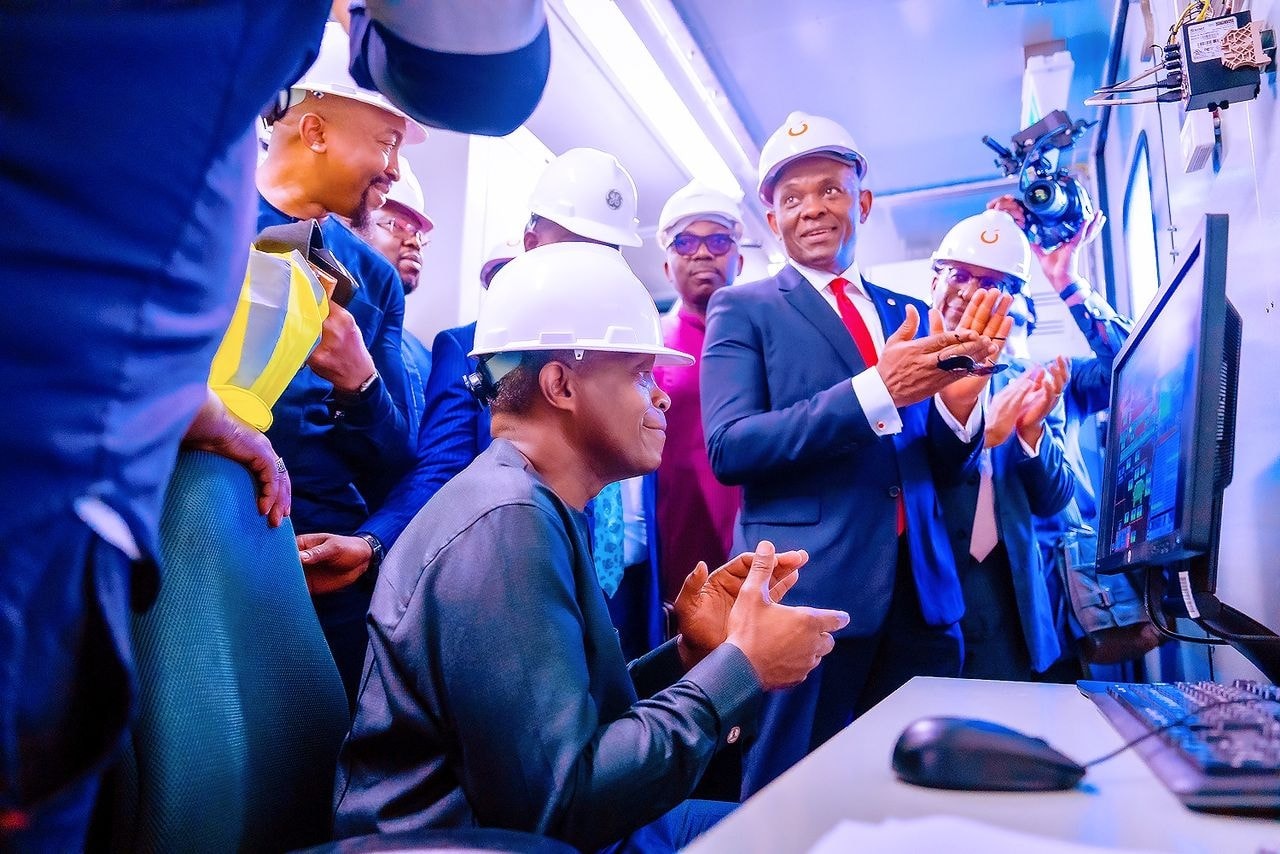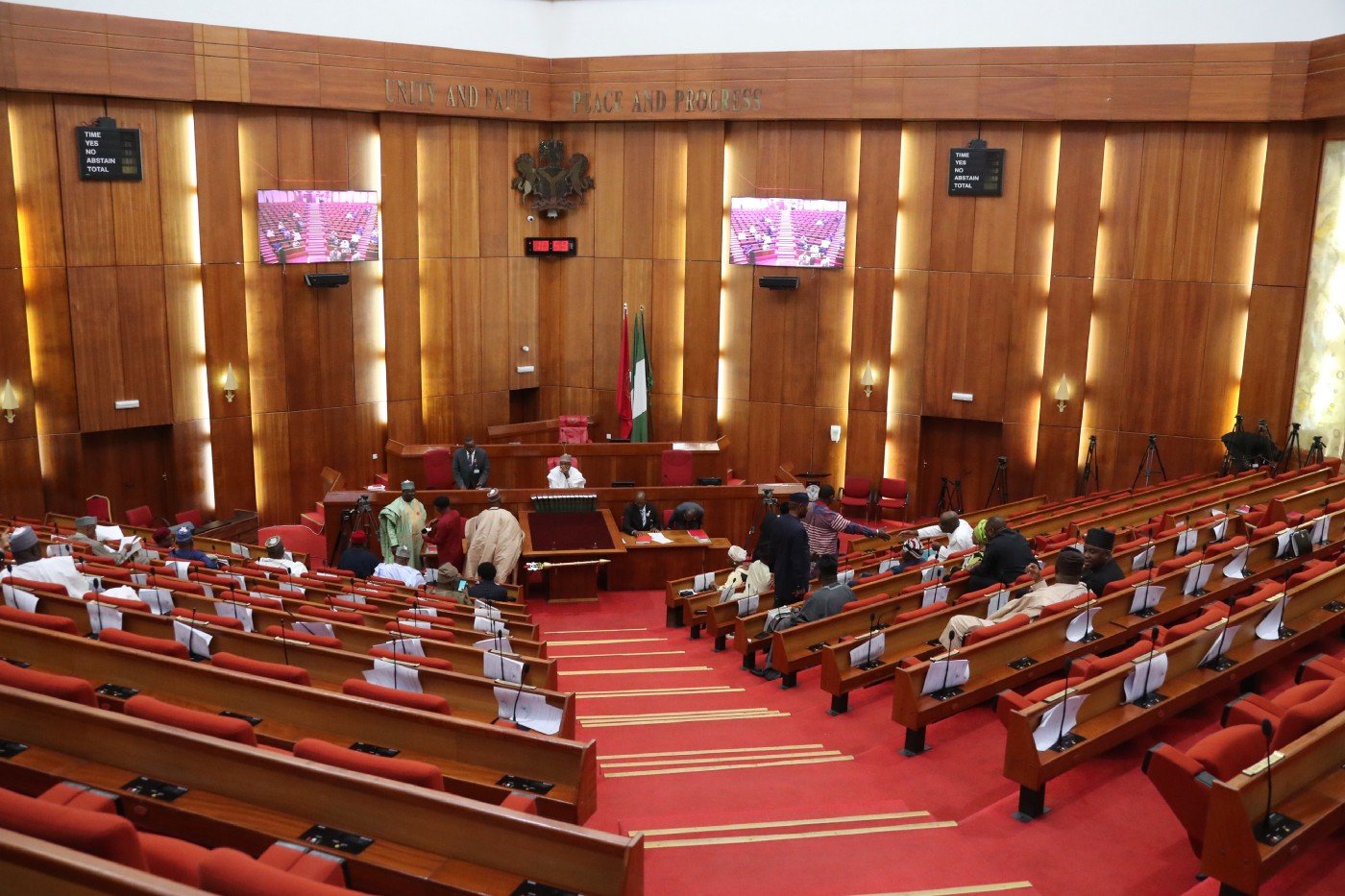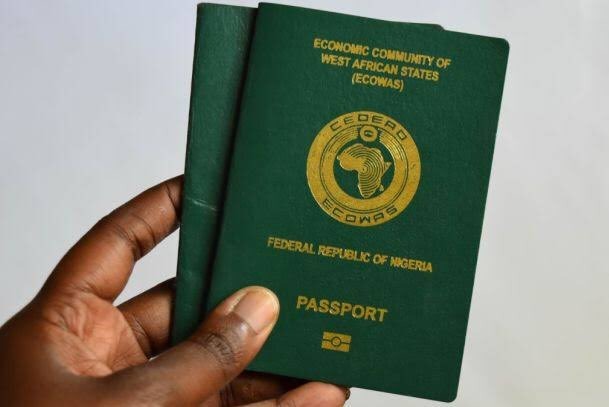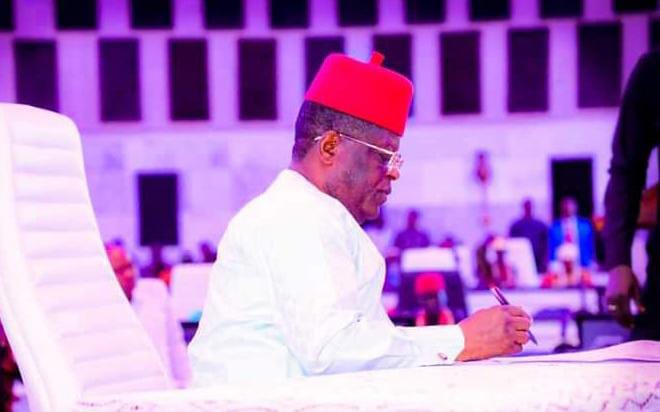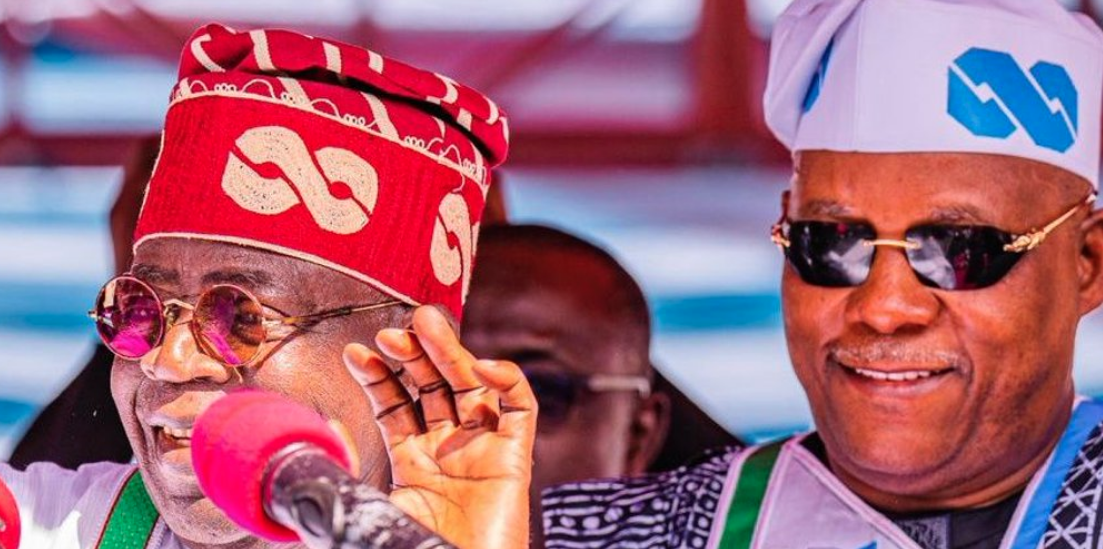Vice-President Yemi Osinbajo says the country is on track to electrify all Nigerians in the next decade.
He spoke on Tuesday at the commissioning of the 240 megawatts (MW) Afam 3 fast power plant in Rivers state.
The project was executed in partnership with General Electric, an American multinational conglomerate, and the federal government.
TransAfam Power Limited, a subsidiary of Transcorp Group, is the core investor in the 966MW Afam Power Plc and Afam 3 fast power — jointly referred to as the Afam generation company (GenCo).
Advertisement
In his remarks at the commissioning ceremony, Osinbajo said by sustaining the strides made by President Muhammadu Buhari’s administration in the electricity sector, and with increased investments and improvements in the value chain, Nigeria could become one of the best power markets in the world.
The vice-president said “we have all the ingredients to create one of the best power markets in the world”, adding that he is confident it will “happen within our lifetime”.
“The challenge before us now is for the industry to leverage the improved commercial environment that has been created to sustainably supply electricity and improve service to all citizens. This administration has made significant strides in this direction,” he said.
Advertisement
“The complete story is that in the past few years, we have seen more new money coming into the power value chain.
“These transactions include Quest Plc that became a core investor in Yola DisCo in 2020 with a transaction worth N19 billion.
“Last month, the National Council on Privatisation (NCP) approved the 30-year concession on Zungeru Hydro Power Plant at $70 million a year. And overall, the story of the Nigerian electricity supply industry is also getting better.”
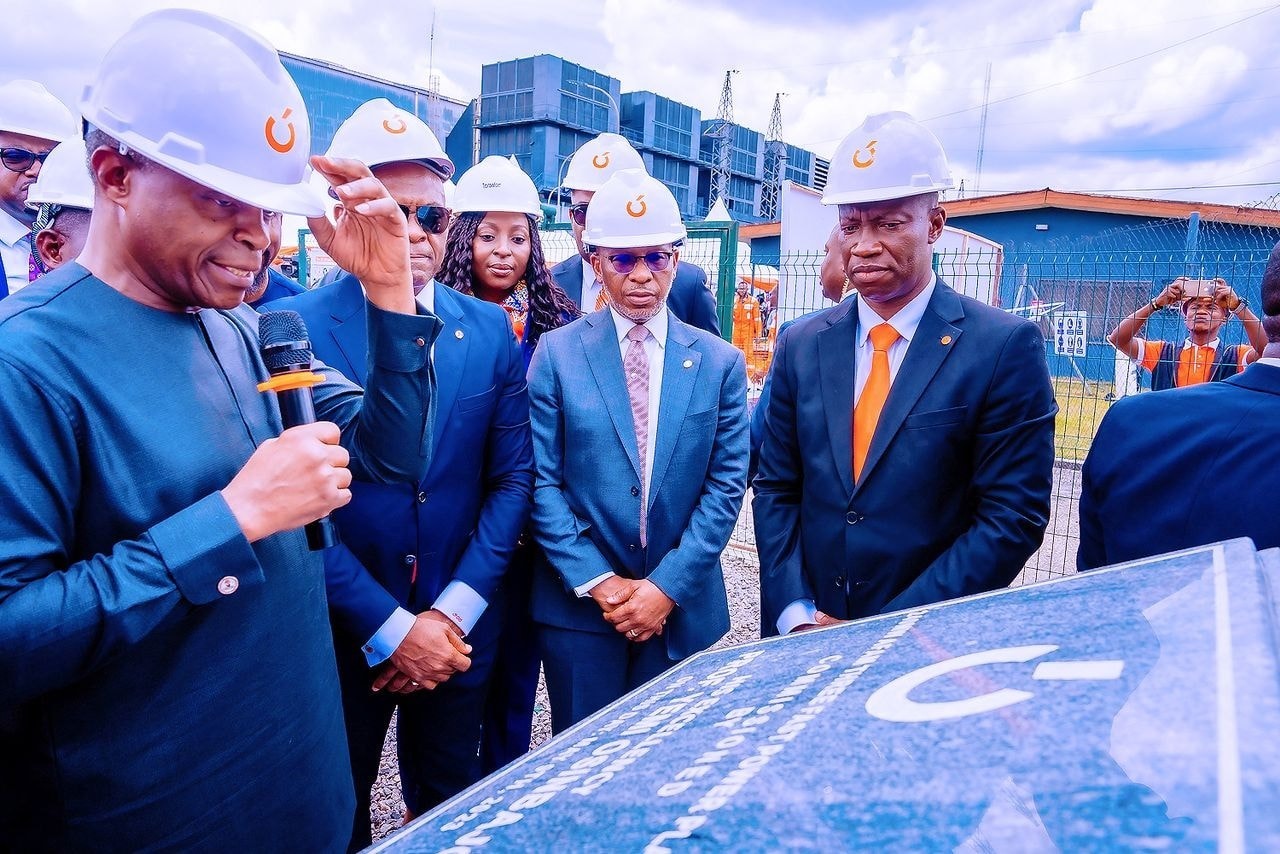
Advertisement
PROGRESS MADE IN POWER SECTOR
Osinbajo said since 2020, the Nigerian Electricity Regulatory Commission (NERC) has executed all of its bi-annual review processes without fail.
“In 2019, subsidies reached a peak of N584 billion in an environment that was very burdensome on the Nigerian government’s fiscal position,” he said.
“The introduction of the service-based tariff, the payment discipline initiative for the sector (through NERC and CBN) and the introduction of the national mass metering programme have led to a doubling of market collections in the Nigerian Electricity Supply Industry (NESI) from N40 billion per month in 2020 to a record of N80 billion per month in the 1st quarter of 2023.
Advertisement
“In 2021 and 2022, five underperforming DisCos were brought into a restructuring program that has led to a N10 billion per month reduction in shortfalls. If this trajectory continues, the Nigerian Electricity Supply Industry will attain self-sufficiency by the end of 2023.”
The vice-president said the Buhari administration has created programmes for off-grid electrification and revamped the Rural Electrification Agency, such that it now has a “first-rate capacity to provide renewable and off-grid electricity supply”.
Advertisement
“This administration has also completed and concessioned the Zungeru Hydroelectric power plant that will add 700MW of renewable energy to our energy mix,” he added.
“We believe we are on track to electrify all Nigerians in the next decade as we look forward to the next administration scaling up already existing programmes.”
Advertisement
Add a comment
